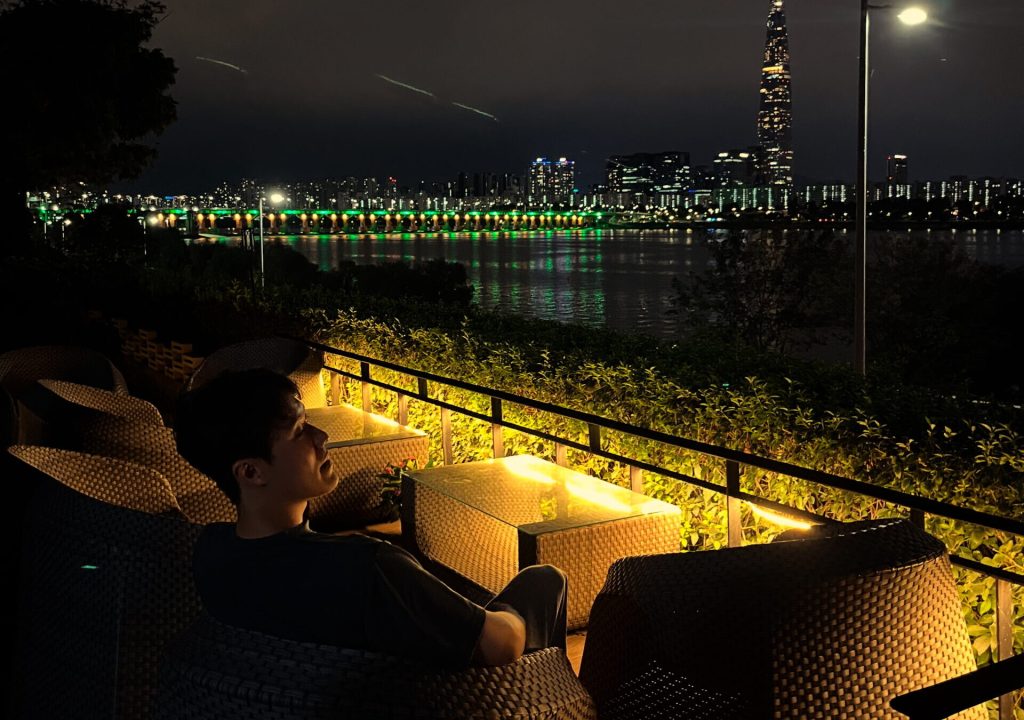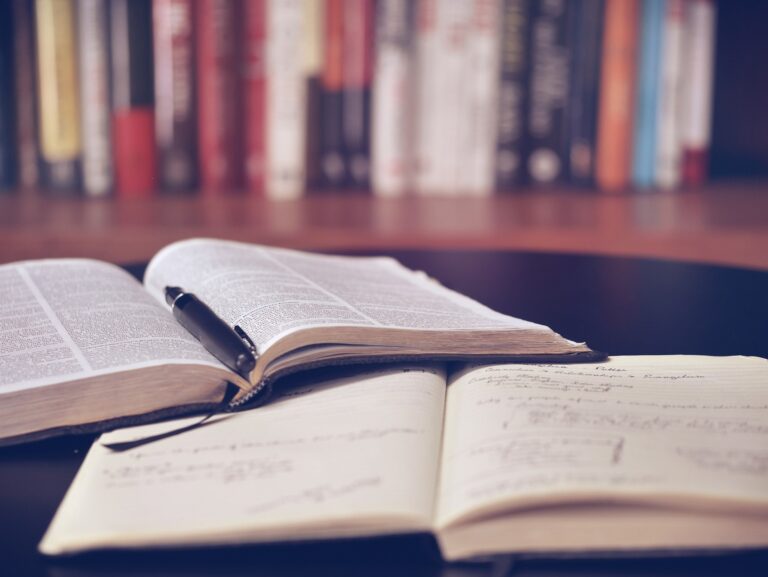Quantum Computing & AI Researcher
Bridging theoretical physics and practical AI applications to solve complex problems
Dongil Kim
A Physics and AI student with expertise in bridging theoretical foundations and practical applications. Currently exploring quantum computing, data analysis, and artificial intelligence models to solve complex problems at the intersection of physics and computation. I leverage mathematical rigor from physics to build robust AI solutions that advance scientific understanding.
- Undergraduate Study in Incheon National University (03. 2018 - 08.2025)
> B.S. in Physics && Computer Science (double majored)
- Research Assistant in Spectroscopy Lab (03.2022 - 11. 2024)
- Research Assistant in Mobile Computing Lab (03.2024 - 08.2025)
- ML Engineer at EJSoft (12.2024 - Present)

My Journey
I’ve always been drawn to understanding how things actually work, but physics was different. It wasn’t just about memorizing formulas—it was about uncovering the fundamental reasons why phenomena occur. Why do atoms vibrate in specific patterns? How do quantum states determine material properties? There’s something deeply satisfying about peeling back layers of complexity to find the elegant principles underneath.
What really hooked me was how everything in physics connects. Thermodynamics links to statistical mechanics, quantum mechanics explains chemistry, and electromagnetism governs how circuits work. Each discovery reveals new questions, and those questions lead you deeper into understanding how the universe actually operates at its core.
Computer science felt familiar in the same way. Starting from electrical signals and building up to entire applications, each layer depending on the ones below it. When I realized that both physics and programming share this same pattern of small, logical pieces creating something much bigger, it clicked for me.
But then I encountered a fascinating intersection: quantum computing. Here was a field that combined everything I loved about physics—the mathematical elegance, the fundamental principles—with the practical power of computation. As classical computers approach their physical limits, quantum computing promises to transcend those boundaries entirely. It’s not just an incremental improvement; it’s a completely different way of processing information based on quantum mechanical principles.
What excites me even more is how this connects to the current AI revolution. Machine learning algorithms are pushing the boundaries of what we can compute, but they’re also hitting walls—the same physical limitations that quantum computing could potentially overcome. I see quantum machine learning as the next logical step: combining quantum computational advantages with AI’s pattern recognition capabilities. It’s like having two powerful paradigm shifts converge into something entirely new.
Research life taught me a lot about myself. The late nights analyzing spectroscopic data, the frustration when experiments didn’t work, the excitement when patterns finally emerged from what seemed like noise. It was tough, but I found I actually enjoyed the process of digging deeper into problems, even when the answers weren’t obvious.
When graduation approached, I had to make a choice: jump into industry or keep studying. Working at a software company showed me the satisfaction of building things that actually work and help people. But it also made something clear—I wasn’t ready to stop learning. The more I worked with real systems, the more questions I had about how we could make them better, especially as we approach the limits of classical computing.
So now I’m looking at graduate school, eventually PhD and postdoc work. Not because I want to avoid the “real world,” but because I think the most interesting problems are still being discovered at the edges where physics meets computation, where quantum mechanics meets practical algorithms.
How I Work
With 4+ years of continuous research experience across multiple laboratories and industry roles,
I’ve developed a unique approach that combines

- Quantum Materials Research: Using advanced Raman spectroscopy to investigate 2D materials and phonon behaviors, contributing to publications in high-impact journals like ACS Nano
- AI & Machine Learning: Developing production-ready systems from mobile sensing applications to computer vision models, achieving measurable improvements like 7% performance gains in nationwide deployment systems
- Full-Stack Development: Building complete solutions from React frontends to Spring Boot backends, managing everything from crisis recovery to enterprise system migrations
I approach every problem with the mathematical rigor I learned in physics labs combined with
the practical problem-solving mindset from real-world software development. This means I don’t
just build things that work—I build things that work reliably, scale efficiently, and can be
explained clearly to both technical teams and business stakeholders.
Beyond Work
When I’m not working, I’m usually trying to get better at badminton or golf—two sports I recently picked up. I’m terrible at both, but there’s something addictive about slowly improving. Badminton is fast and intense, golf is slow and methodical. Both are humbling in their own ways.
I love reading, and once I start a book I tend to get completely absorbed and read straight through. One book that really stuck with me was Thomas Kuhn’s “The Structure of Scientific Revolutions”—it completely changed how I think about how knowledge develops and changes over time.
Gaming takes up a fair share of my free time too. I’m particularly drawn to city-building games where you have to design everything from scratch—roads, building placement, transportation systems, electricity grids. There’s something satisfying about watching all the pieces connect and seeing traffic flow smoothly through your street network. Get the transportation wrong though, and traffic jams bring your whole city to a grinding halt. It feels like designing a massive tree or algorithm where every connection matters.
I listen to a lot of music while I play—everything from pop to classical and vocal pieces. I have pretty eclectic taste when it comes to music.
Photography is my newest hobby. I bought my first real camera recently and I’m slowly learning how to use it properly. I mostly take photos when traveling with friends, trying to capture moments and places that catch my eye.
Speaking of friends, we’re regulars at karaoke bars and always seem to end up having drinks somewhere. I actually have some experience on the other side of the bar—I worked as a bartender when I was 20 and also got my SCA certification working at coffee shops. These days I appreciate good cocktails and coffee, but I’m definitely more on the customer side.
I don’t travel as much as I’d like, but when I do go somewhere with friends, I really enjoy it. New places, good food, and taking way too many photos with my camera.
That’s pretty much how I spend my time when I’m not buried in work. Nothing too exciting, but it keeps life interesting.